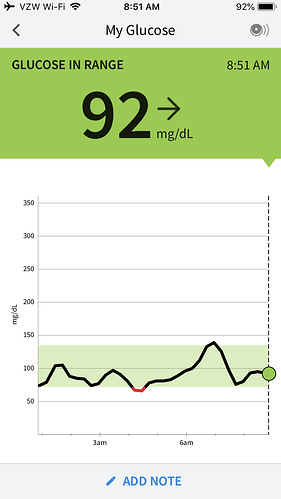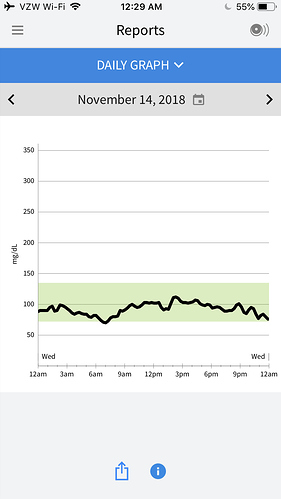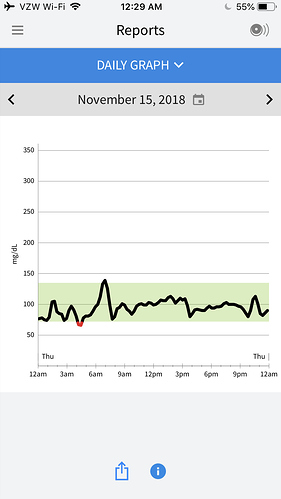It doesn’t matter what time you ‘wake up’
Just before waking around 4am, the body secretes higher levels of growth hormone, cortisol, glucagon, and adrenaline. Together these are called the counterregulatory hormones - they counter the blood sugar lowering effects of insulin, meaning that they raise blood sugar. It’s a hormonal surge to prepare your body for the day ahead. Glucagon tells the liver to start ushing some glucose. Adrenaline gives the body some energy. Growth hormone is involved in cell repair and the synthesis of new protein. Coritsol, the stress hormone, increases as a general activator. All of these hormones peak in the early morning hours and then fall to low levels during the day. Insulin also increases in the morning to make sure the blood glucose does not go too high. The same phenonemum is seen during fasting, insulin levels drop, but the hormones are still causing stored sugar to be released into the bloodstream, raising blood sugar levels.



